At one point or another, we all receive a particularly heinous markup. For many of us, this markup is the first of many. For some of us, it’s a wake-up call. This is a manuscript you submitted returned to you with so much color you can’t even tell what part of the book is yours anymore. If you’re anything like me, some of the first thoughts that rush through your head are, “Oh. My. God,” “Why did they even contract this?” and “I am a complete failure.”
We’ve all had that markup. Some of us have had it more than once. And if you haven’t had that markup, you’re either a fantastic, flawless author who defies error, or you haven’t yet had a good editor. The point being this—a good author will go, “I need to fix this,” and get to work, all the while trying to pick up on those things that could be incorporated into a future project to avoid such problems. A bad author will make the changes without trying to pick up on how these things could be avoided. Some authors, like myself, might be mortified the MS had such glaringly obvious and easily fixable mistakes. Even if your editor prevents you from embarrassing yourself in front of readers, the sensation of receiving a markup noted with obvious flaws leaves one feeling as they might if someone caught them with their pants down in public. It doesn’t matter that most everyone didn’t see you; the knowledge that someone did is enough.
Some people will, as I said, be mortified. Others will simply be angry.
And why shouldn’t we be angry? Writing is different from most other professions. It’s personal, it’s hard, it’s us on a page. To see so much of what you poured yourself into being marked as flawed, corrected, or demanded changed can be one nasty wake-up call. If your editor is the sort to leave comments, you might even start assigning a certain voice or tone to how you imagine they intended it to come across. How you imagine they gleefully cherry-picked your words and intentionally took things one way instead of another just to make you look foolish. After all, this person came through your manuscript like a hurricane, finding words you missed, seeing things you feel you should have seen, and acting all superior-like as if the book is theirs and not yours. Why not make them the bad guy? How would they like it if someone trashed all over their work?
The simple answer is this: editors have a job to do. Their job is not to make you feel bad, ashamed, embarrassed, angry, defensive or any combination thereof. Their job is to ensure they are the last person between you and your readers who sees the manuscript with its warts. They are there to help, not hurt.
Now, does this mean there are no bad editors? Of course not. Some editors will look through a sorry manuscript and change nothing but a comma here or there. Does this mean there are no vindictive editors? Of course not. All this means is when you do receive a manuscript that is marked from start to finish with corrections and comments, give your editor the benefit of a doubt. Look at what they say, and try to read it with some degree of neutrality. Unless they come out and say, “This book is a piece of fucking shit and you couldn’t write your way out of a burning paper sack”, they probably don’t mean the things they say in the tone you ascribe them. If anything, that tone you hear is more likely the way you feel about them…or the work itself. At the very least, don’t jump to conclusions. Just take a deep breath and push onward, one step at a time. And if all else fails, contact someone. You and your editor are on the same side, and you have the same endgame. You want the book to be its best.
At the end of the day, communication is key. You just have to decide what sort of author you want to be: the kind to immediately become defensive, or the sort to look through the work while taking a hard look at yourself at the same time. A thorough markup, unless it is plainly obvious, just means the editor cares about the book, cares about the author, can cares about their work. It means they did their job.
Monday, November 7, 2011
Subscribe to:
Post Comments (Atom)
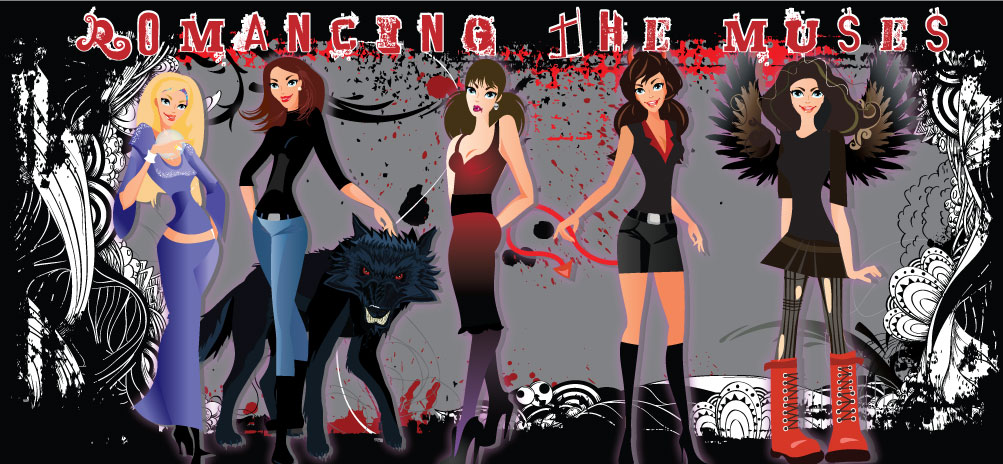
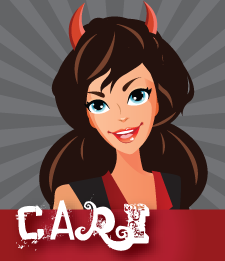
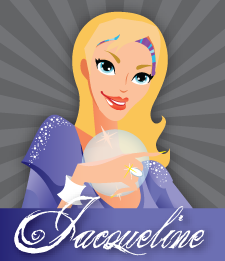


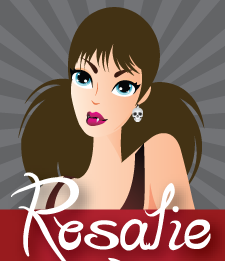
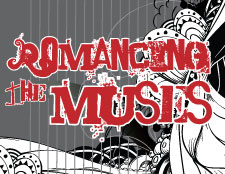



2 comments:
THIS. 100% THIS.
I've edited writers who are so attached to every single word in their manuscript, they refuse to make any changes save the occasional typo fix and missing period.
Know what that gets them? Bumped out of a contract. A HUGE part of writing is editing, and if an author refuses to accept constructive criticism on how to make their work better--given by a PAID PROFESSIONAL--then they don't deserve to be an author. Put in the hard work to make your work exceptional, or go visit PublishAmerica.
Smiles!
Lori
LOL. I love you. <3
And I agree. Unsurprisingly.
Post a Comment